Wisconsin Supreme Court justices take on an abortion lawsuit
The Wisconsin Supreme Court heard oral arguments in a lawsuit challenging an 1849 law that had banned abortion as state-level legal contests continue in the wake of the "Dobbs v. Jackson" decision.
By Zac Schultz | Here & Now
November 14, 2024
The Wisconsin Supreme Court has heard oral arguments on whether the state’s 1849 abortion ban is the law of the land. The law went into effect when the United States Supreme Court overturned Roe v. Wade in 2022.
Abortions halted in Wisconsin until September 2023, when a Dane County judge ruled the law actually referred to feticide, the act of someone else causing the death of a fetus.
No matter what the court decides, though, abortion as a political issue is not going away.
When the U.S. Supreme Court issued its Dobbs v. Jackson decision, Republicans said the court was simply returning the issue to the states.
“I mean, we’re trying to get it right — I hope not just get an outcome here,” said Wisconsin Supreme Court Justice Brian Hagedorn, a conservative, during oral arguments in Kaul v. Urmanski, the lawsuit challenging the 1849 law.
It turns out that’s a little more complicated than it sounds.
“We’re trying to figure out if medical providers here are going to be able to save women’s lives. So, yeah, we better get this right,” said state Supreme Court Justice Jill Karofsky, a liberal.
Over nearly two hours of oral arguments on Nov. 11, the members of the Wisconsin Supreme Court heard attorneys advance several positions about which of Wisconsin’s many laws regulating abortion should apply.
“The state of Wisconsin cannot have two laws on the same subject with the same scope that provide directly conflicting answers as to when conduct is and is not a felony,” said state Assistant Attorney General Hannah Jurss, who was arguing to overturn the 1849 law.
The heart of the issue is this — in 1849, Wisconsin passed a law outlawing abortion, referred to in arguments by its statutory number 940.04.
In 1973, the U.S. Supreme Court issued its Roe v. Wade decision, which created a constitutional right to abortion health care, making Wisconsin’s old law unenforceable.
In the years that followed, Wisconsin passed several new laws regulating abortion, most recently a law in 2015 that created a cutoff of 20 weeks, with an exception for the life of the mother but no exceptions for rape and incest.
So with Dobbs overruling Roe, which law should apply in Wisconsin?
Lawyers representing Democratic Wisconsin Attorney General Josh Kaul and doctors intervening in the case argue the 1849 law was impliedly repealed when the laws were updated while Roe was in effect.
“The Legislature has spoken, and they’ve laid out a myriad of statutes that govern when abortion can be provided, when women in this state can obtain lawful abortions,” said Diane Welsh, an attorney representing three physicians who intervened in the lawsuit and support overturning the 1849 law.
Hagedorn said the court can’t ignore those later laws were trying to comply with Roe and never actually repealed the original ban.
“We all know what happened. So unless there’s some conflict, the laws were not reversed off the books, I don’t know why as a matter of straight, just reasonable statutory interpretation — the law is still there. It’s still there. The judiciary doesn’t get to edit laws. The judiciary doesn’t get to rewrite them. We didn’t delete it. We prevented its enforcement. Now it’s still there. How can we just say, ‘Oh, we can’t enforce it anymore,’ simply because the Legislature was doing other things when it was unenforceable,” Hagedorn said.
“All of that body of law, all of those statutes regarding abortion, just go to the dust pile?” asked Karofsky.
“No, that’s not what we’re saying,” replied an attorney defending the 1849 law.
“It is what you’re saying, because you’re saying that if they were passed after Roe and if they were passed with Roe in mind, then they mean something different today than they meant before Dobbs.” Karofsky replied.
The liberals on the court hold a 4-3 majority, and if they rule the 1849 abortion ban was impliedly repealed, it would mean that ironically it was a law signed by Republican Gov. Scott Walker in 2015 that saved abortion in Wisconsin.
“Our Legislature decided fairly recently, at least in the scheme of these regulations, that an abortion may not be performed after 20 weeks unless the mother is undergoing a medical emergency. That’s not based on Roe, it’s the legislative policy that was chosen by this state’s Legislature,” said Wisconsin Supreme Court Justice Rebecca Dallet, a liberal.
No matter how the court rules, the issue of abortion is not settled law, a point made clear by state Supreme Court Chief Justice Annette Ziegler, a conservative.
“The issue before this court relates to 940.04 — whether [Wisconsin v.] Black rules, whether it’s impliedly repealed, whether it’s still on the books. It won’t answer every question for everyone today. People need to be before the Legislature and ask them to do their job,” Ziegler said.
After all, the balance of the court could change in the Wisconsin Supreme Court election in April 2025, or a different governor and Legislature could write a new law, a point made by Democratic Wisconsin Attorney General Kaul after the hearings.
“Well, whatever happens in this case, the issue I don’t think is going to be permanently resolved in Wisconsin,” Kaul said. “Certainly, this will provide important clarity and I think will, at least for a time period, address at least what current Wisconsin law says.”
 Passport
Passport




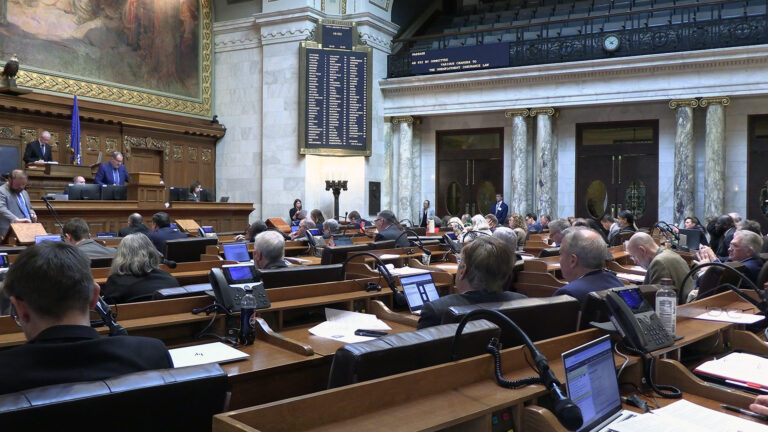

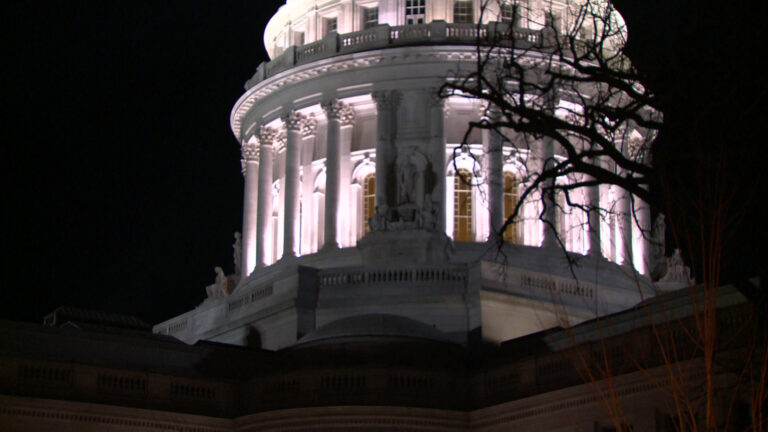
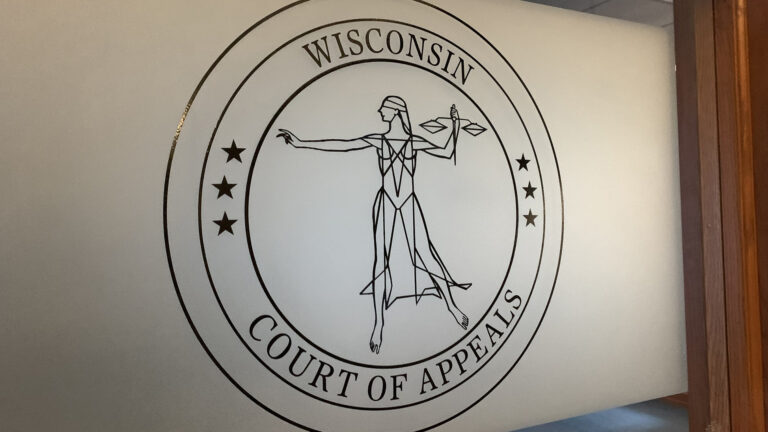
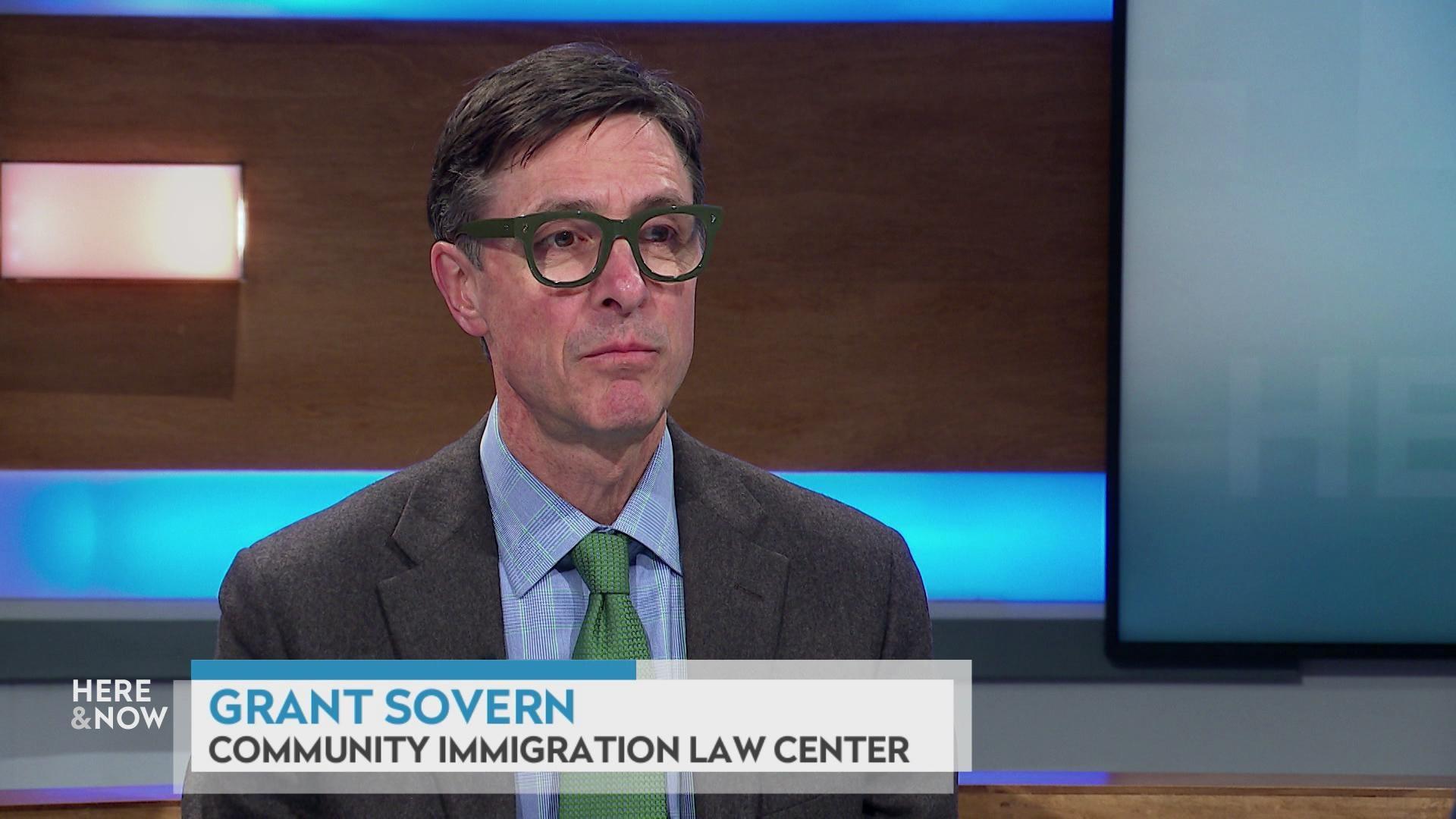
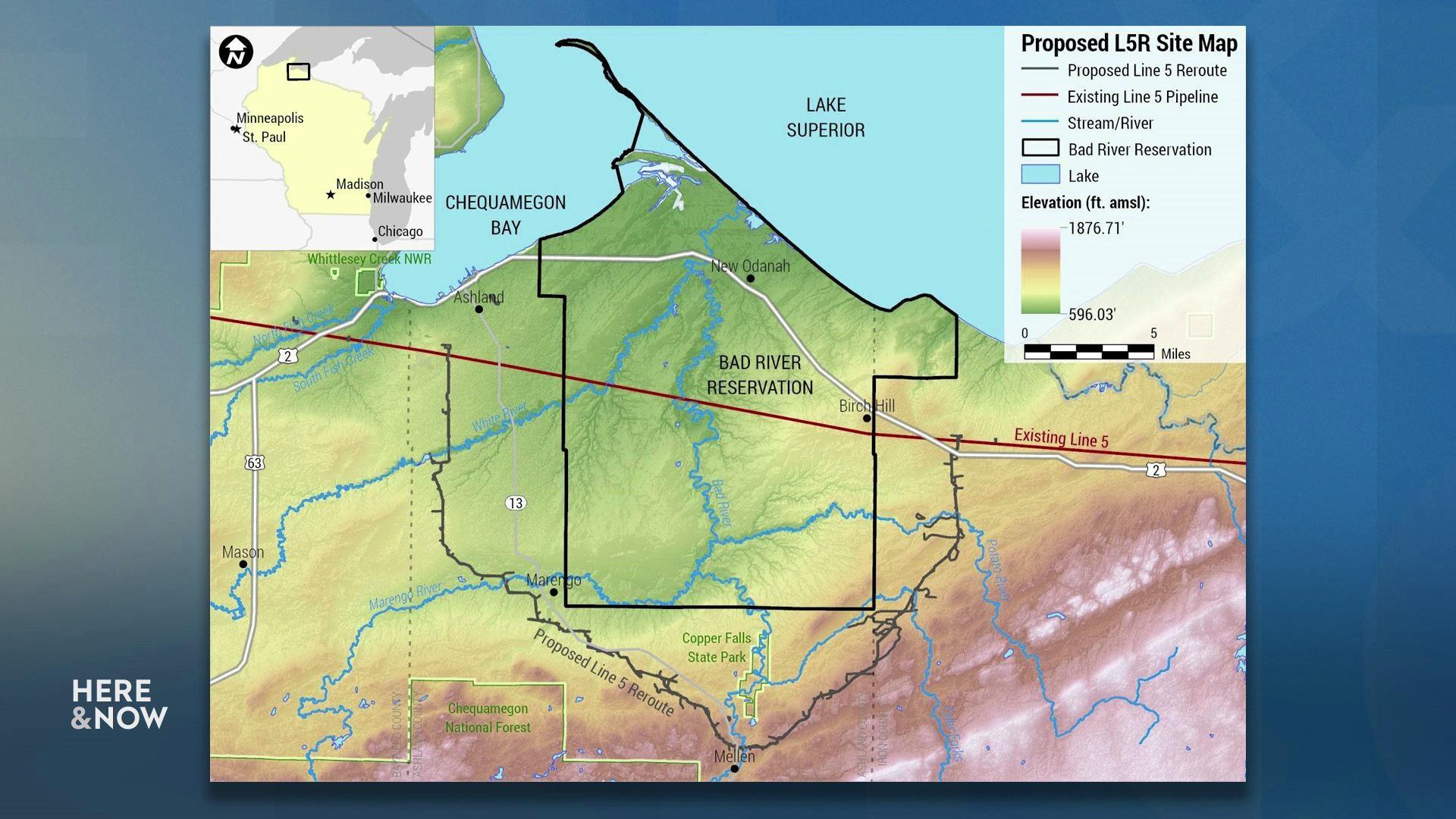

Follow Us